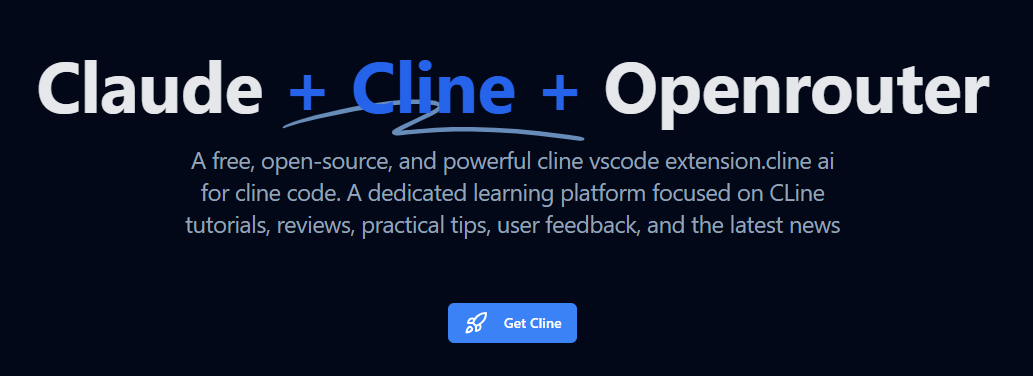Practical ways I am using AI daily.
I share some of my favorite ways I am incorporating AI into my daily life.
Simple tools, when used thoughtfully, can transform our daily work.
The data backs this up: AI tools have achieved 20% adoption within just two years of market introduction - faster than both personal computers and the internet.
But beyond the statistics, I'm interested in how these tools solve the persistent challenges that fill our days.
Let me share some discoveries that have genuinely improved my work life - not the headline-grabbing features, but the practical ones making a measurable difference.
Making code-related things a bit more accessible.
As most of you know, I'm not real software developer.
However, over the past year, I've discovered how AI tools can bridge the technical knowledge gap in surprisingly practical ways.
While developers report a 126% increase in productivity with AI assistance, these tools are equally transformative for non-technical roles.
Here's my real-world toolkit that's changed how I work:
Understanding Complex Technical Systems - Advanced LLMs like Deepseek have become my always-available technical mentor, helping me grasp complex concepts and make more informed product decisions without constantly relying on developer explanations.
Building and Testing APIs Independently - Copilot in VS Studio has transformed me from a spectator to a participant, enabling me to test integrations and build API calls in Postman on my own. This independence has significantly reduced the back-and-forth with our development team.
Cost-Effective Problem Solving - By connecting platforms like Openrouter to Cline, I've found resourceful ways to troubleshoot technical issues without significant investment – proving that meaningful technical exploration is accessible to everyone.
Organizations see an 8.69% increase in pull requests and a 15% increase in merge rates associated with these tools being used in their ecosystems.
The real value lies in their confidence and independence - especially for less tech-y folks.
When you can grasp technical concepts confidently, you become a true bridge-builder between business and technical teams.
The Power of AI Spaces.
Remember when folders revolutionized file management?
AI spaces/projects (in platforms like ChatGPT and Perplexity) take this concept further.
The impact is significant: AI power users save more than 30 minutes daily through organized tool usage, and business professionals using AI write 59% more documents per hour.
Here's how I use them:
Group related prompts to build context over time
Upload key documents once, and reference them repeatedly (with an 88% retention rate of AI-assisted content)
Let the AI connect insights across conversations
Build comprehensive solutions by combining multiple chat threads
Studies show that employees using AI tools read 11% fewer emails and edit 10% more documents.
This is because organized AI spaces help consolidate information effectively.
JIRA's Writing Assistant is my little helper.
We've all seen those AI-generated JIRA tickets - generic, lifeless, and probably unread.
But there's a smarter way: reports using AI-assisted writing include up to 49% more key facts while maintaining human oversight.
My approach:
Brain-dump the core idea or problem
Use AI to refine specific sentences while keeping my voice
Apply the summarize feature for dense Confluence pages
Workshop feature descriptions until they're both clear and meaningful
I’m not a big proponent of doing full work items like a complete end-to-end epic through the JIRA AI because I find it quite inconsistent and not that great.
Don’t forget - these tools aren’t about replacement. They’re about enhancement.
Looking Forward
While market projections paint an impressive picture – with AI potentially contributing $15.7 trillion to the global economy by 2035 – I've learned that the most meaningful transformations happen at the personal level.
The tools I've shared aren't just about efficiency gains or market trends.
They're about empowering ourselves to work more intentionally, understand more deeply, and contribute meaningfully to our teams and projects.
What matters isn't the sophistication of our AI tools but how thoughtfully we integrate them into our daily work.
Sometimes, the simplest applications create the most profound impacts.
I'd love to hear about your journey with AI tools:
What unexpected ways have they enhanced your understanding or capabilities?
Which small, practical features have become indispensable in your workflow?
How has your approach to learning and problem-solving evolved?
Until next week,
Mike @ Product Party
Want to connect with me and other cool product people on Bluesky?
Thanks for reading! Please like, comment, share, and subscribe if you haven't already. You can also show your support by clicking this link and buying me a coffee.








Thank you for writing this piece, it truly resonated with me. Grateful you shared it with us! 🙌🏻